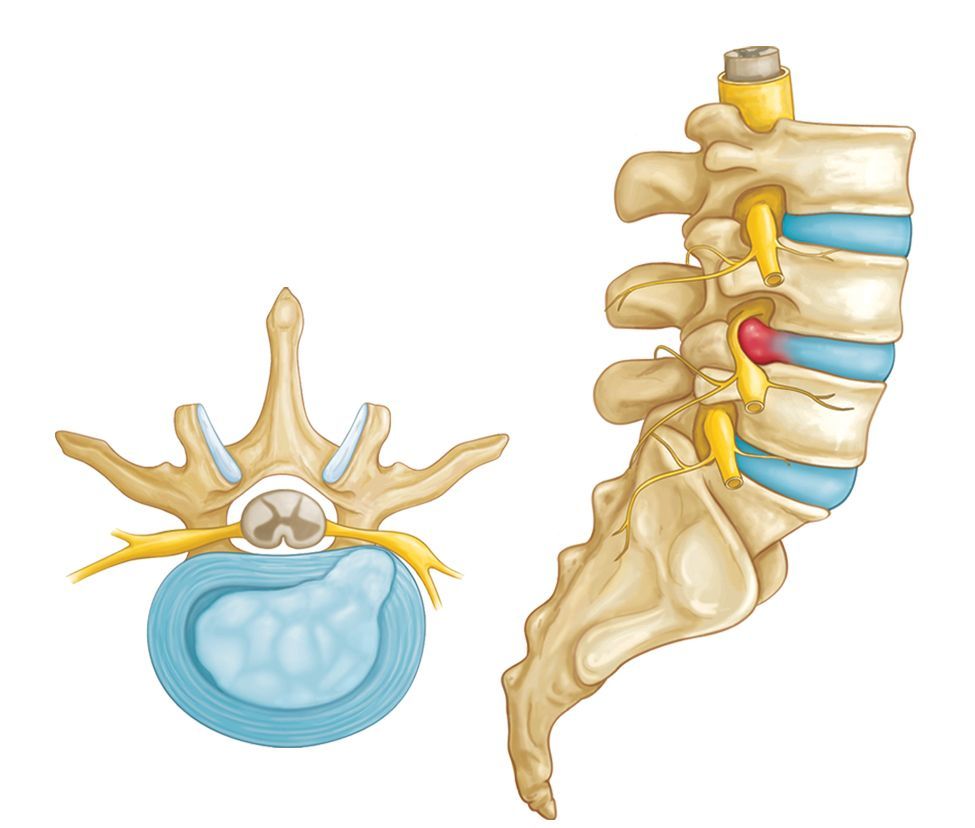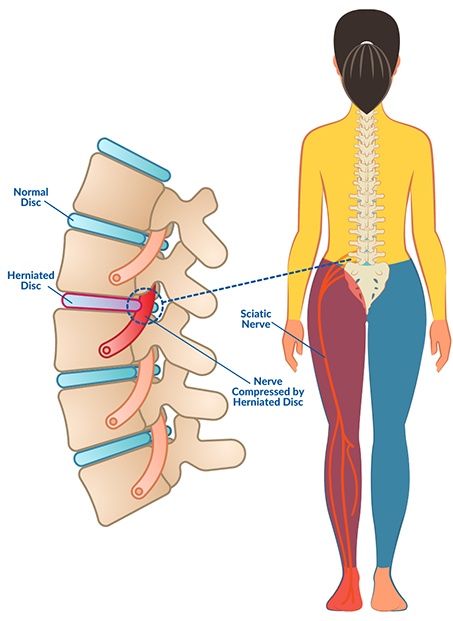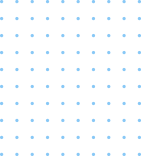Neck Pain
Neck pain is just after back pain as one of the most common musculoskeletal problems, with up to 70% of all adults suffering

A herniated disk can cause pain and immobility, and the condition is quite common. Many people with a herniated disc may not even be aware that they have it. However, when this pain begins to interfere with quality of life, it is important to see a doctor to receive treatment. A severely herniated disc may require medical attention to restore function and relieve pain. Steven C. Dennis, MD, in Newport Beach, California has decades of experience treating spinal issues and can provide the spinal care you need to get you back on your feet. To learn more, call Dr. Dennis to schedule your consultation or book online.
Request Appointment


Our Services List Which We Offer
Neck pain is just after back pain as one of the most common musculoskeletal problems, with up to 70% of all adults suffering
Back pain is the third most common reason people visit the doctor’s office, and up to 80% of the population could benefit from